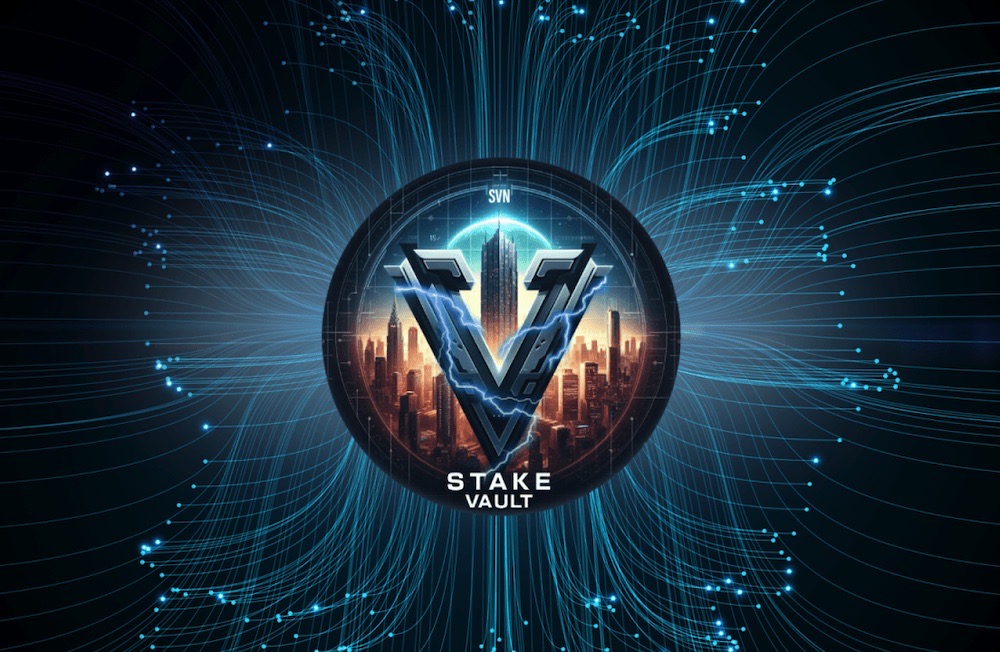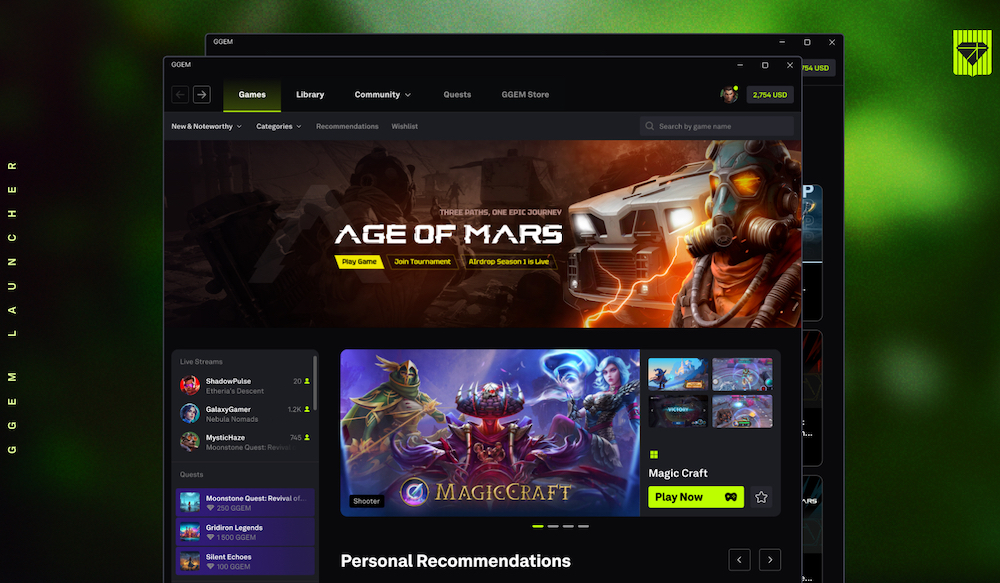
With huge names from the world of cryptocurrency making moves to call the island nation their home, Malta is emerging as something of a hub for digital currency activity. This is largely being driven by favourable legislation, as well as a Prime Minister who firmly believes in the future of cryptocurrencies.
Malta Wants to Create Regulatory Certainty in a Space Known For Precisely the Opposite
Malta might be the European Union’s smallest member but they’ve got some big plans for the future. They’re currently creating rules and regulations that will provide clarity for some of the largest names in cryptocurrency. This approach should allow the island to emerge as a central hub for digital currency activity. In a consultation paper about distributed ledger technology, the government stated:
“The proposed framework will offer legal certainty in a space that is currently unregulated.”
Such legislation is already attracting cryptocurrency companies. Digital asset exchange platform Binance announced their intentions to move to Malta late in March. The company estimate that they will need to hire around 200 people in Malta to assist with their move from Hong Kong. Such developments will no doubt stimulate positive economic activity on the island. Binance aren’t the only big name to make the move either. OKEX Technology have also announced that they will be relocating to the Mediterranean nation too earlier in April.
It’s not just the regulatory certainty that is attracting companies to Malta, however. The nation has, for a long time, offered international companies some of the most favourable tax rates around. This has made the island popular with online gambling providers previously and is now attracting crypto startups. Paying just 5% in taxes will obviously appeal to many startups in the space.
In addition, the Prime Minister of Malta, Dr Joseph Muscat, is also a firm believer in the revolutionary potential of cryptocurrencies. He publicly affirmed his position in a speech in Mqabba in late March:
“Have any of you ever thought about what gives paper money its value when it’s ultimately just pieces of paper? It is because society attributes value to it. Now some people, who in my opinion are geniuses, are arguing that that value can similarly be attributed to virtual currencies… The concept sounds confusing right now, but I have no doubt that it will form the base of a new economy in the future. Just as we attribute value to pieces of paper, so too will future generations attribute value to electronic storage systems.”
The lack of regulatory guidance from the EU itself has given Malta the opportunity to explore the possibility of creating a friendly legislative environment for digital currency startups. However, a harsh crackdown on cryptocurrencies from the supranational body could hinder Malta’s ability to provide such welcoming regulation. As it stands, the recent vote in favour of tightening EU controls to help protect against money laundering could hinder Malta’s legislative plans going forward.






